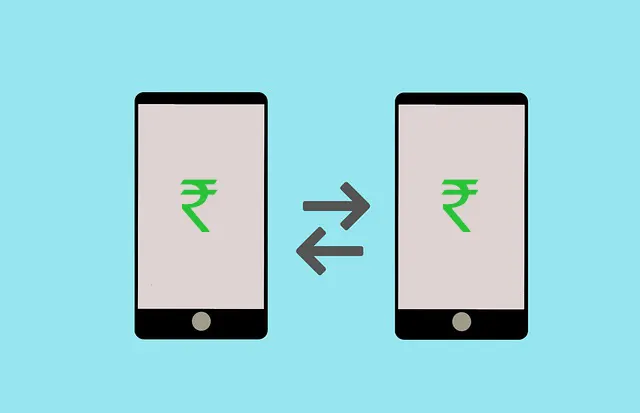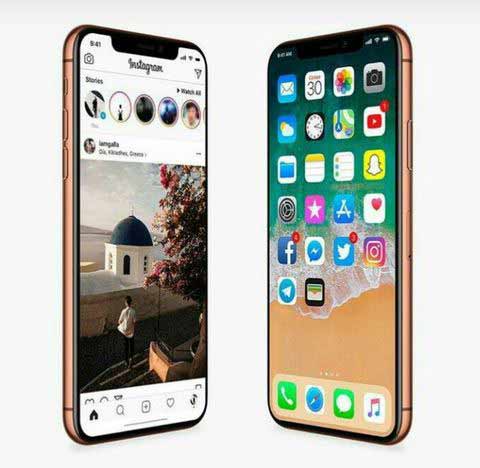Know about Digital Rupee: How is it different from other online payment methods

The country’s digital currency is being launched tomorrow, i.e December 1. Last month, the RBI started the pilot project of this currency for wholesale trading. Now there is preparation to try it in retail business. Online payment methods have become very popular among people in India for some time now. From Paytm to PhonePe and from UPI to Google Pay, there are many online payment options available. In such a situation, the important question is that when so many online payment options are available and they are working good, then why there was a need to bring digital money. Why is Digital Rupee special and how is it different from UPI or any other app?
Features of digital rupee
The digital rupee will be used to make digital payments similar to payments made through UPI, NEFT, RTGS, IMPS, debit/credit cards etc. Central Bank Digital Currency (CBDC) or Digital Rupee will be used for digital payments similar to Unified Payments Interface (UPI), National Electronic Fund Transfer (NEFT), Real Time Gross Settlement (RTGS).
In traditional online transactions, each bank has its own personal handler, but the digital currency will be handled by the Reserve Bank of India (RBI), so transactions are direct and settlements are instant. With apps like UPI, PhonePe, Paytm and Google Pay, you definitely make payments through digital means, but it cannot be called digital currency, because the money that is transacted in it is a kind of physical currency. You transact with the money you have in your account.
At present, the circulation of retail digital rupee is being started from four cities of the country. These are Mumbai, Delhi, Bangalore and Bhubaneswar. In the next phase, the circulation of digital rupee will start in cities like Ahmedabad, Gangtok, Guwahati, Hyderabad, Indore, Kochi, Lucknow, Patna and Shimla. Banks will issue digital rupee. Currently, in the first phase, State Bank of India, ICICI Bank, Yes Bank and IDFC First Bank will issue retail digital rupee in four cities of the country. In the next phase, Bank of Baroda, Union Bank of India, HDFC Bank and Kotak Mahindra Bank will also be linked to this pilot project.
RBI will monitor
Digital rupee will be issued directly by banks and they will also be operated by them, while the Reserve Bank will be responsible for making rules and supervision. Overall, due to the direct intervention of the Reserve Bank, there is little scope for any manipulation in these.









